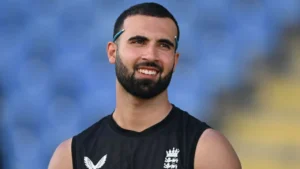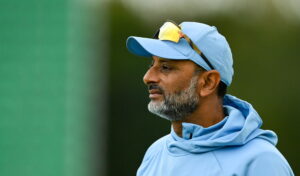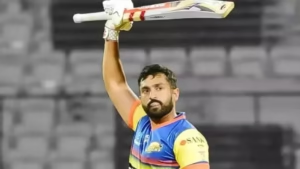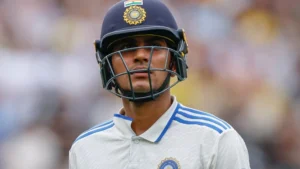ICC Cracks Down on USA’s National Cricket League for Breaches, Revamps League Sanctioning Process
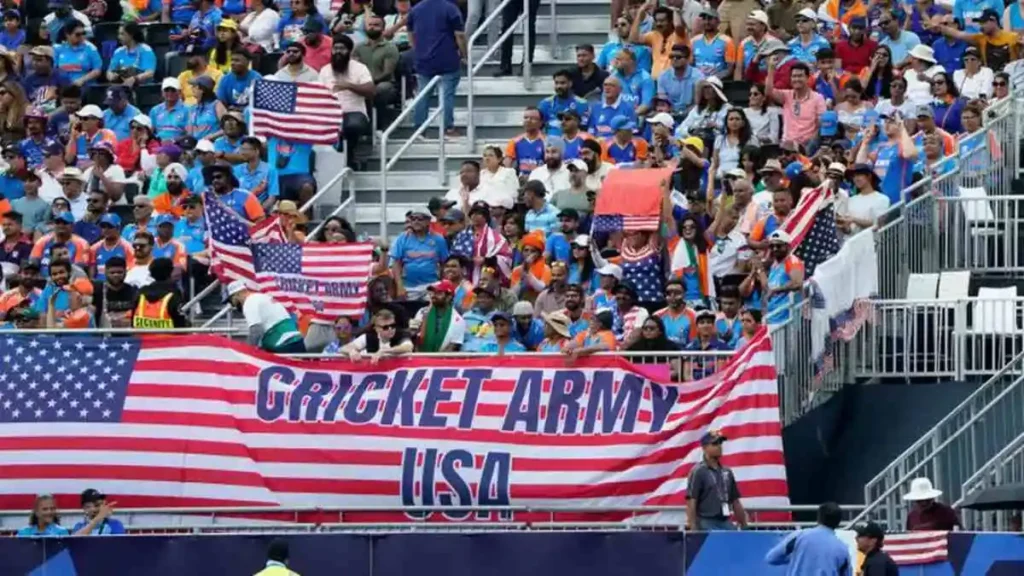
In a significant move that sets a major precedent, the International Cricket Council (ICC) has made it clear that it will no longer sanction the USA’s National Cricket League (NCL) for future editions due to serious non-compliance with playing eleven regulations. This decision follows a year after the ICC introduced stricter guidelines for the sanctioning of T20 and T10 leagues globally, emphasizing the importance of adhering to standards to ensure the integrity and sustainability of such tournaments.
The ICC’s decision was communicated in a letter to USA Cricket (USAC), which was later accessed by Cricbuzz. The primary reason cited for the decision was the breach of the playing eleven requirements. According to ICC regulations, a league must field at least seven USAC-affiliated or associate players in each match. However, the NCL repeatedly failed to meet this stipulation, with instances where six or seven foreign players were fielded, undermining the spirit of the competition and raising concerns about the league’s adherence to the established rules.
The NCL had initially sought to create buzz and excitement within the cricketing world by attracting iconic figures such as Wasim Akram and Vivian Richards as ambassadors. In a move that garnered significant attention, the league also brought in cricketing legends like Sachin Tendulkar and Sunil Gavaskar to its ownership group. However, despite the star power, the league struggled with several operational inefficiencies that ultimately affected its credibility.
The ICC’s letter also hinted at deeper issues with the NCL, both on and off the field. Beyond the breach of playing eleven rules, there were concerns about the quality of the facilities. Specifically, the pop-up venue used for matches came under scrutiny, with reports suggesting that the pitch conditions were subpar. In some instances, renowned fast bowlers like Wahab Riaz and Tymal Mills were required to bowl spin in order to avoid potential injuries to batsmen due to the dangerous pitch conditions. Such concerns highlighted the operational shortcomings that marred the league’s image.
Moreover, Cricbuzz reported that the league’s handling of foreign players raised red flags, particularly regarding possible violations of U.S. immigration laws. Sponsoring sports category visas for foreign players can cost around USD 200,000 for a tournament with about six teams. However, it was independently confirmed that not all players in the NCL had entered the U.S. on valid sports visas, raising serious legal and regulatory concerns. This lack of proper visa documentation appeared less like an administrative oversight and more like a cost-cutting measure that compromised the integrity of the event.
Despite the enthusiasm for cricket in the USA, driven in large part by the deep pockets of the South Asian diaspora, the country’s cricketing ecosystem remains in its nascent stages. With close to 60 international and first-class cricketers currently based in the U.S., the country has become an attractive destination for fledgling T20 and T10 leagues. However, as the demand for new leagues grows, so does the pressure on the ICC to ensure that these leagues meet the necessary regulatory standards. Cricbuzz reported that the U.S. now constitutes the highest number of applications for sanctioning T20 and T10 leagues, and an ICC official acknowledged that a complete overhaul of the sanctioning process is on the cards. This could involve stricter criteria to weed out leagues that fail to meet basic operational and regulatory standards.
The ICC’s intervention in the NCL saga has already had an impact on USA Cricket’s decision-making. The board has reportedly opted not to sanction the US Open T20, a long-running pop-up tournament with over a decade of history. While the exact reasons for the sanctioning disapproval remain unclear, it is believed to be part of a broader effort by the ICC to push for a reset in the league sanctioning process, which would hold leagues accountable for meeting operational and regulatory benchmarks before being granted official approval.
The clampdown on the NCL serves as a stark reminder to leagues around the world that the ICC will take stringent action against any league that does not adhere to its standards. As the demand for cricket leagues continues to grow, particularly in emerging markets like the USA, the ICC’s efforts to enforce stricter sanctioning rules are crucial in ensuring that the integrity of the sport is maintained at all levels of competition.
In conclusion, the ICC’s decision to revoke the NCL’s future sanctioning marks a pivotal moment in the governance of T20 and T10 leagues globally. With the growing popularity of cricket in non-traditional markets like the USA, it is clear that maintaining the highest standards of operation and regulatory compliance will be essential in ensuring that the sport’s expansion remains both sustainable and credible. As the ICC moves forward with plans to revamp its sanctioning process, stakeholders will be closely watching how these changes will impact the landscape of international cricket leagues.
